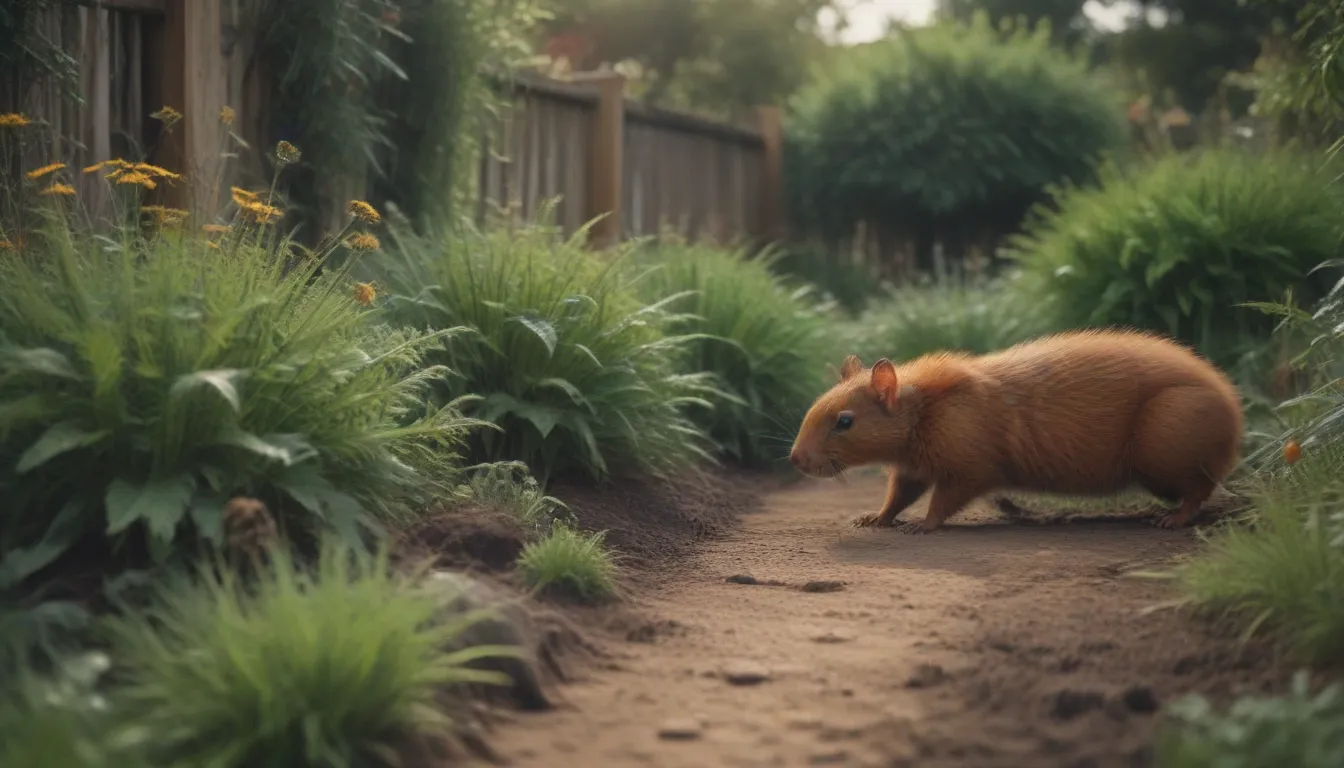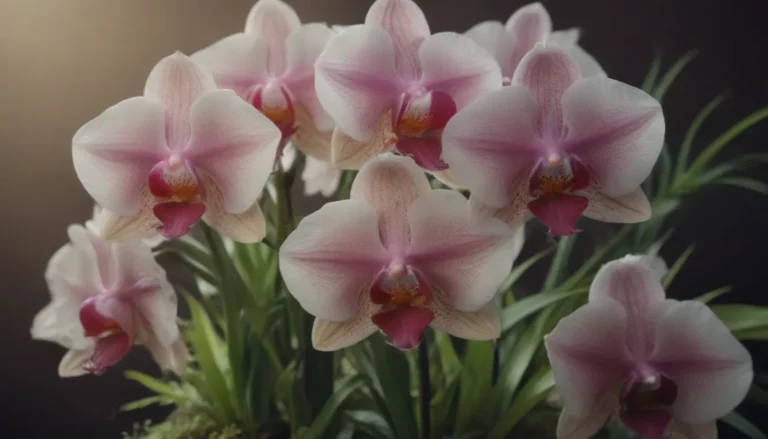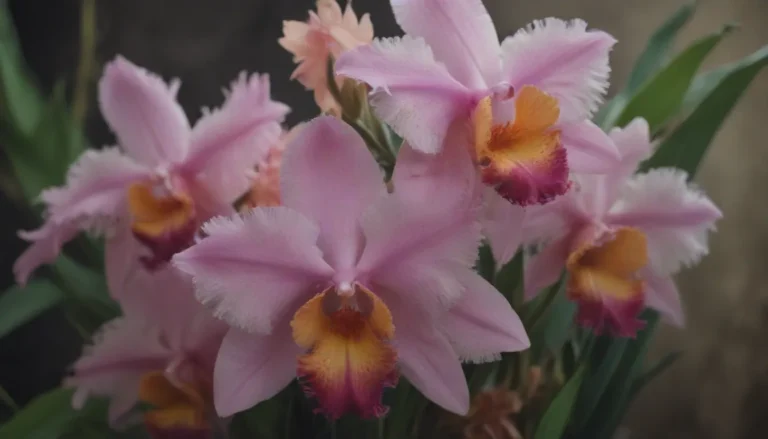Maximizing Your Garden: 10 Tips for Keeping Pests at Bay

Gardening is a beloved hobby for many, but dealing with pests can quickly turn a beautiful garden into a battleground. While it’s impossible to completely eradicate pests from your garden, there are ways to reduce their impact and keep your plants healthy and thriving. In this article, we’ll explore ten tips that will help you keep pests out of your garden while maintaining a lush and vibrant outdoor space. Let’s dive in!
Give Your Plants Room to Breathe
One common mistake many gardeners make is overcrowding their garden beds. While it may be tempting to squeeze in as many plants as possible, overcrowding can actually invite pests by providing them with shelter and protection. Here are some tips to ensure your plants have enough space to thrive:
- Space out your plants according to their mature size to prevent overcrowding.
- Avoid planting in dense clusters that can trap moisture and create breeding grounds for pests.
- Regularly monitor your plants for signs of pests and disease, especially in crowded areas.
Remember, good air circulation is key to maintaining a healthy garden and deterring pests. So, give your plants the room they need to breathe and thrive.
Water in the Morning
Proper watering is essential for plant health, but did you know that the timing of your watering can also impact pest populations in your garden? Here are some benefits of watering your garden in the morning:
- Better hydration: Watering in the morning allows plants to absorb moisture before the heat of the day sets in.
- Pest prevention: Dampness from evening watering can attract pests and promote the growth of disease-causing pathogens.
- Deeper watering: Water deeply in the morning to encourage strong root growth and reduce the risk of shallow root systems.
By watering your garden in the morning, you can help your plants stay healthy and resilient against pests and diseases.
Attract Beneficial Wildlife
One of the most effective ways to control pest populations in your garden is to attract natural predators that feed on insects. Here are some tips for encouraging beneficial wildlife to make themselves at home in your garden:
- Frogs and toads: Create habitats like small ponds or sheltered areas where amphibians can thrive.
- Birds: Set up bird feeders, birdbaths, and nesting boxes to attract insect-eating birds to your garden.
By providing a welcoming environment for beneficial wildlife, you can create a natural pest control system that will help keep your garden pest-free.
Cultivate Beneficial Insects
In addition to attracting larger predators like frogs and birds, you can also encourage beneficial insects to take up residence in your garden. These natural predators can help keep pest populations in check without the need for chemical pesticides. Here are some tips for attracting beneficial insects to your garden:
- Ladybugs: Release ladybugs in your garden to feast on aphids and other harmful pests.
- Plant diversity: Grow a variety of plants that attract beneficial insects, such as herbs, lettuce, and cole crops.
By cultivating a diverse ecosystem in your garden, you can create a natural balance that will help control pest populations and promote plant health.
Stay on Top of Your Harvest
Harvesting your crops in a timely manner is not only important for enjoying fresh produce but also for preventing pest infestations. Here are some tips for staying on top of your harvest:
- Remove overripe fruits: Overripe fruits left on the plant can attract pests and signal weakness in the plant.
- Clean up fallen fruits: Fallen fruits can provide a buffet for pests, so be sure to remove them promptly.
- Monitor plant health: Keep an eye out for signs of pest damage and address any issues promptly.
By maintaining a regular harvest schedule and keeping your garden tidy, you can reduce the risk of pest infestations and keep your plants healthy and thriving.
Choosing the Right Pest Control Methods
When it comes to pest control in the garden, there are both traditional and alternative methods to consider. Here are some options to help you keep pests at bay:
- Natural predators: Encourage beneficial insects, birds, and amphibians to control pest populations naturally.
- Organic insecticides: Use products like insecticidal soap and horticultural oils to target specific pests without harming beneficial insects.
- Pest-resistant seeds: Consider planting genetically modified seeds that are resistant to common pests.
By choosing the right pest control methods for your garden, you can effectively manage pest populations while maintaining a healthy and thriving ecosystem.
Common Garden Pests to Watch Out For
While pests come in many shapes and sizes, there are a few common garden pests that you should be on the lookout for:
- Aphids: These tiny insects feed on plant sap and can quickly multiply if left unchecked.
- Scale insects: Scale insects can be difficult to spot but can cause significant damage to plants.
- Mealybugs: These soft-bodied insects feed on plant sap and can weaken plant health.
- Spider mites: These tiny pests can quickly infest plants and cause damage to leaves.
- Leaf miners: Leaf miners are larvae that tunnel through plant leaves, causing visible damage.
By familiarizing yourself with these common garden pests, you can better identify and manage potential infestations before they become a problem.
Conclusion
Gardening is a rewarding and fulfilling hobby, but dealing with pests can be a challenge. By following these tips and implementing effective pest control strategies, you can keep your garden healthy, thriving, and pest-free. Remember to create a welcoming environment for beneficial wildlife, stay on top of your harvest, and choose the right pest control methods for your garden’s unique needs. With a little effort and the right strategies, you can enjoy a vibrant and pest-free garden all season long. Happy gardening!





